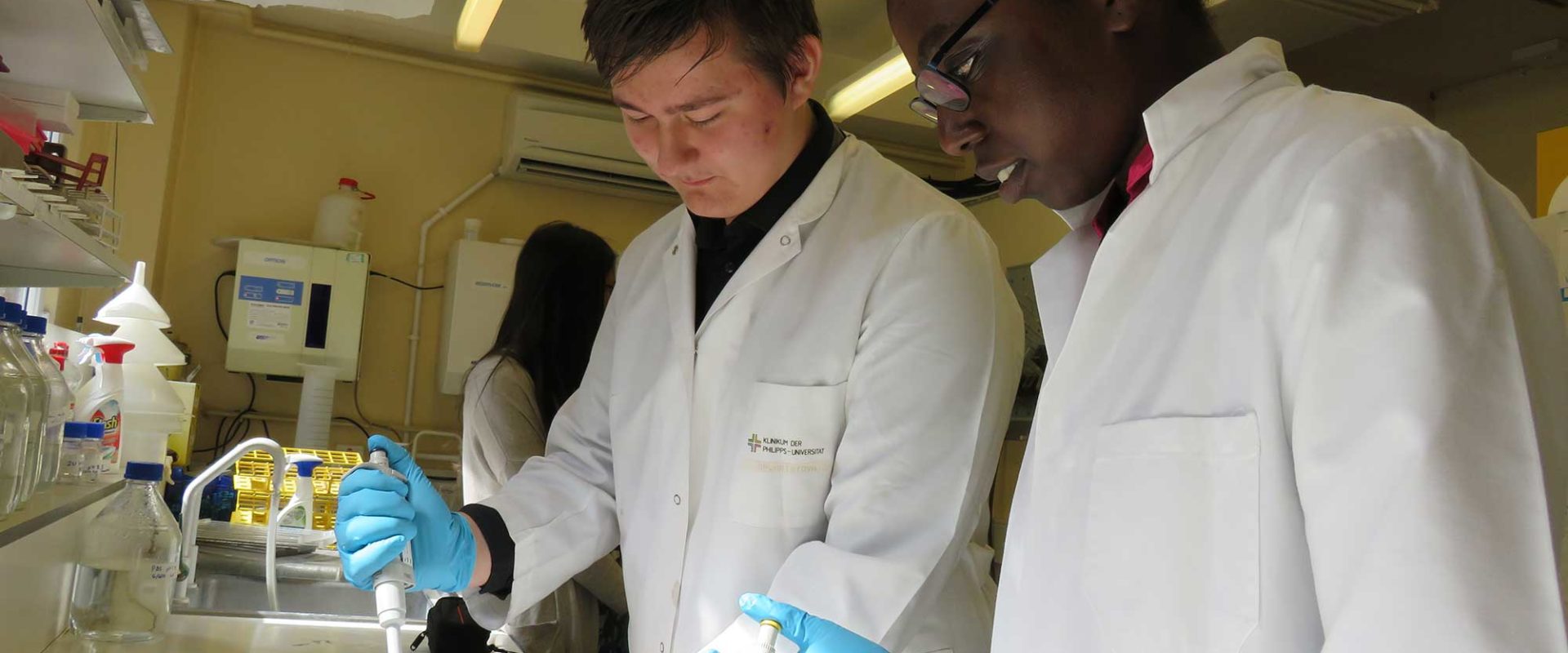What goes on at the London Centre for Nanotechnology? Daniel gives us an insight into one project taking place:
Surface Acoustic Waves device, SAWs is an incredibly sensitive machine that measures viscosity. A lab at the London Centre of Nanotechnology uses this device to detect antigens from viruses such as HIV and hepatitis.
However, antigens are tiny and so cannot be detected directly. Researchers here use a layering technique to attach the antigen to the SAWs chip and then a gold nano-particle to the antigen. The nano-particles are relatively large and so change the viscosity on the chip drastically. If no antigens are present then the nano-particles would not be attached to the chip. If no nano-particles are present then it must mean there are no antigens present.
The SAWs device passes waves across the chip. If there are no gold nano-particles attached the waves are unaffected, if there are particles attached they will affect the amplitude of the wave. You can picture it as throwing a stone into a still pond. When the stone hits the surface waves will spread undisturbed across the water, but if there was a duck on the water the waves would change when they reached the duck. Detecting changes like this is how researchers determine the presence of the gold nano-particles.
By Daniel C
